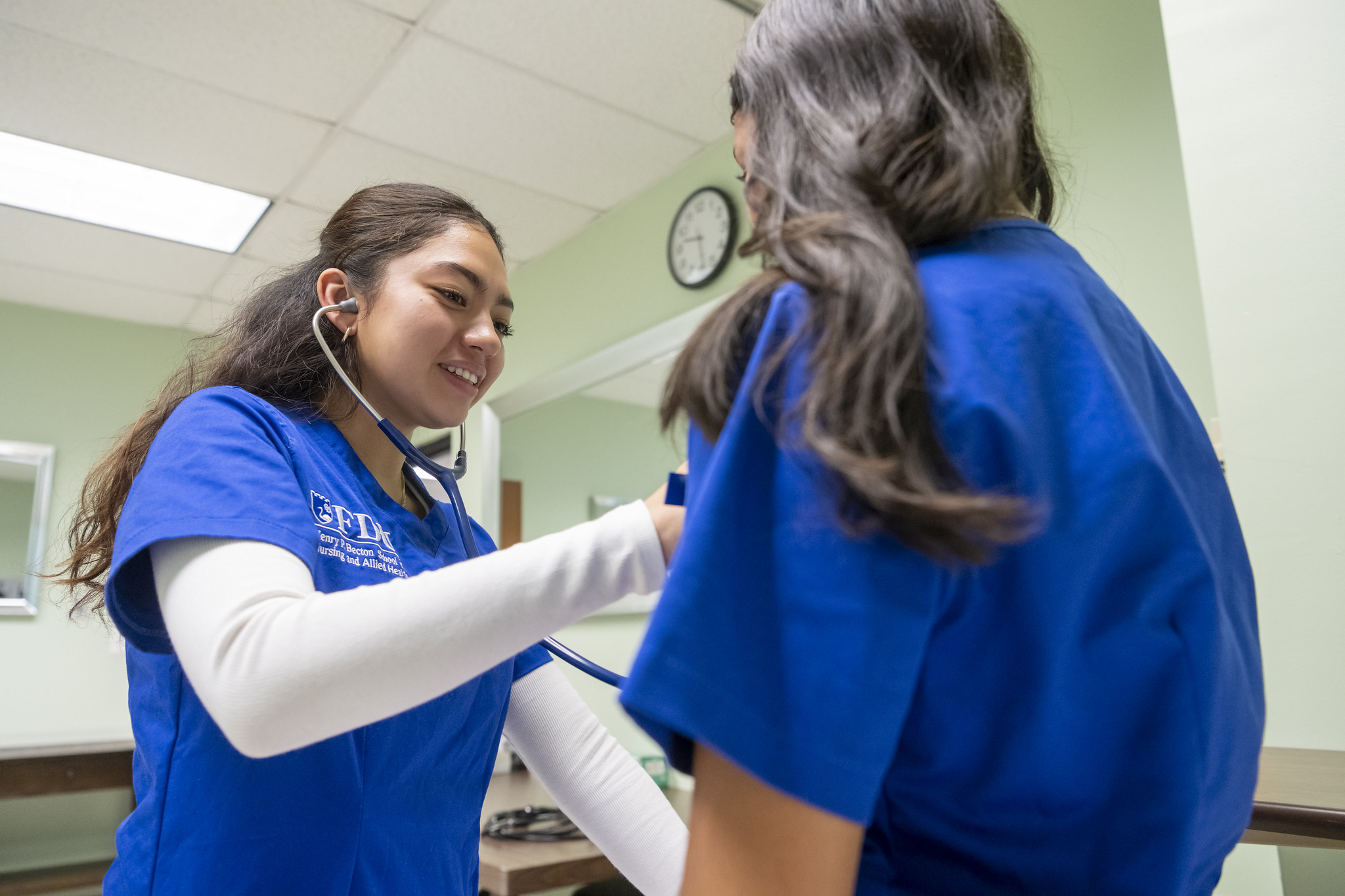Fairleigh Dickinson University Secures State Funding to Develop Advanced Acute Care Simulation Clinic

Enhancing Healthcare Education with State-of-the-Art Simulation Facilities
In response to the ongoing challenges faced by the healthcare sector, institutions are exploring innovative ways to prepare future professionals effectively. Fairleigh Dickinson University (FDU), renowned for its commitment to academic excellence and practical training, has recently secured a significant state investment to establish an advanced Acute Care Simulation Clinic at its Metropolitan Campus. This initiative aims to bridge the gap between classroom learning and real-world clinical experience, addressing crucial healthcare workforce shortages and elevating patient safety standards.
Understanding the Purpose and Impact of the Acute Care Simulation Clinic
The newly funded simulation clinic will serve as a cornerstone in FDU’s efforts to enhance healthcare education. By integrating cutting-edge technology and realistic clinical environments, students from various health disciplines will gain hands-on experience in managing complex acute care scenarios. This strategic investment underscores the university’s dedication to fostering highly skilled healthcare professionals ready to meet the demands of modern medicine.
Key Features of the Simulation Clinic
- Realistic Training Environment: The facility will replicate a real-world urgent care setting, complete with modern equipment and medical devices essential for contemporary healthcare practices.
- Interprofessional Education: The clinic will accommodate students from nursing, radiography, medical imaging, clinical laboratory sciences, and respiratory therapy, promoting collaborative practice and teamwork.
- State-of-the-Art Technology: Advanced simulation tools will allow students to practice managing oxygen therapy, central venous access, pacemakers, implantable drug delivery systems, and other sophisticated devices used in patient care.
- Focus on Complex Conditions: Training will emphasize the assessment and management of patients with chronic illnesses such as diabetes, kidney disease, heart failure, and COPD, including their acute exacerbations.
Supporting the Healthcare Workforce of Tomorrow
The development of this facility is timely, reflecting the increasing complexity of healthcare needs and the rising demand for well-trained professionals. The clinic’s immersive environment provides students with realistic scenarios where they can develop critical thinking, technical skills, and compassionate patient care strategies—all without risk to actual patients.
Why Simulation Labs Are Critical in Healthcare Education
Simulation laboratories are proven tools for training healthcare providers efficiently and safely. They allow learners to make mistakes in a controlled setting, learn from them, and build confidence before transitioning to clinical practice. With the pressing shortage of healthcare workers, especially those skilled in acute care, these laboratories help accelerate the readiness of graduates to enter the workforce. They also help ensure that graduates are well-versed in current technologies and effective in interprofessional teamwork, which are essential for improving patient outcomes.
Details About the Funding and Implementation Timeline
The $753,000 state appropriation will accelerate the full development and operational readiness of the clinic, slated to open by Summer 2026. It will be situated within Dickinson Hall and managed by the Henry P. Becton College of Nursing and Allied Health, one of FDU’s leading academic units committed to health sciences. Dean Annie Rohan highlighted that the project aligns with the university’s mission to advance healthcare education and address workforce shortages.
Broad Support and Community Impact
This initiative has garnered bipartisan support from New Jersey legislators, including Senator Gordon Johnson, who emphasized the importance of providing students with realistic training environments. The establishment of the simulation clinic will not only benefit students but also serve the local community by producing highly competent healthcare professionals who can deliver quality care and contribute to safer healthcare systems.
Advancing Interprofessional Collaboration and Patient Safety
The simulation environment will support interprofessional education, encouraging collaboration among future nurses, technologists, and allied health professionals. This approach mirrors current healthcare dynamics, where team-based care is vital for managing complex patient needs. Training in such a setting enhances communication, coordination, and critical thinking—skills vital for reducing medical errors and improving patient outcomes.
Broader Educational and Healthcare Implications
The addition of this simulation lab reflects FDU’s strategic vision to innovate and lead in healthcare education. It aligns with national trends emphasizing experiential learning and technology integration. Moreover, by recipient of state funding, FDU demonstrates the value placed on investing in healthcare professionals at the state level, acknowledging the crucial role these programs play in ensuring community health and safety.
Future Directions and Opportunities
Beyond acute care, FDU plans to expand its simulation capabilities to include other specialties and advanced training modules. These developments will further enhance the university’s reputation as a provider of comprehensive healthcare education and serve as a model for other institutions seeking to modernize their training programs.
Investing in the Future of Healthcare
The investment into FDU’s Acute Care Simulation Clinic exemplifies a strategic approach to tackling healthcare workforce shortages and improving patient care standards. As healthcare continues to evolve with technological innovations and demographic changes, such educational facilities are vital to prepare practitioners who are proficient, confident, and capable of delivering high-quality care across diverse settings.
If you are interested in pursuing a career in healthcare or want to learn more about FDU’s health sciences programs, explore the university’s offerings and admission options. Apply now or contact the admissions team for personalized guidance. Ensuring a skilled healthcare workforce begins with quality education and investment—both of which are exemplified by this new simulation clinic at Fairleigh Dickinson University.
}

